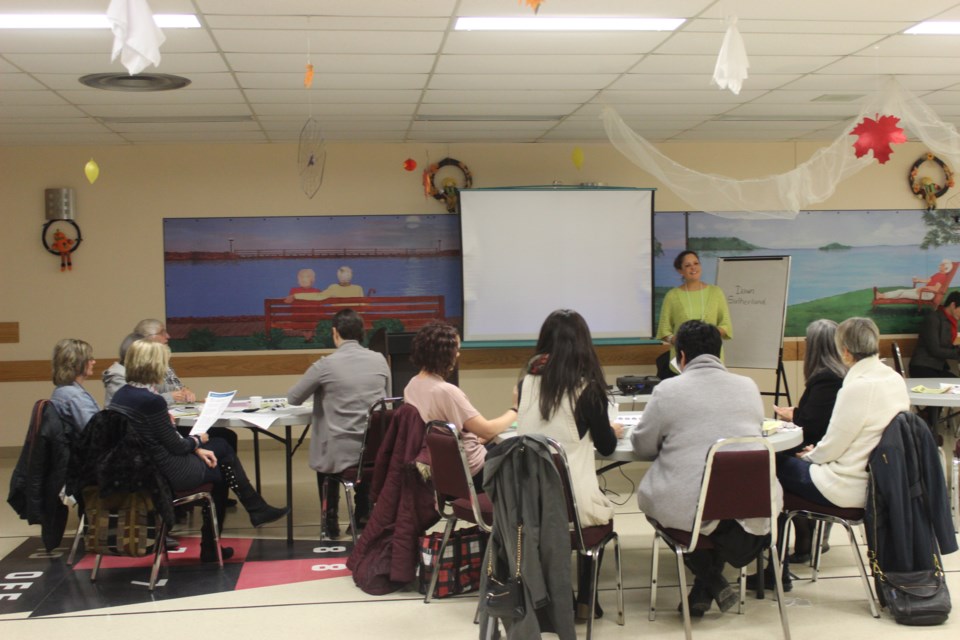Living with dementia can be a challenge, but doesn't change who a person is, which is why it is so imperative to provide support mechanisms with a thorough understanding of the needs of those who live with dementia.
Because of this, a series of five public consultations headed by the Ministry of Health and Long-Term Care began this week in communities across Ontario. These public consultations are called Developing Ontario’s strategy for dementia: working Document.
Jessica Bertuzzi-Gallo, public relations at the Alzheimer Society for North Bay and District said it was important to get information directly from patients to recognise their challenges and needs before devising a comprehensive plan.
“We had a few clients that were interested in having their voices heard,” she said. “Not their care partners, not their family doctors, not even us. They want to be on the front line telling the Ministry what they require and that’s important to us.”
In North Bay, the public consultation took place at the Golden Age Club Thursday evening in both French and English, with a couple dozen participants at both sessions.
Bertuzzi-Gallo said this was the second round of consultation, the last being held during the winter of last year, with everyone linked to dementia being consulted—be it caregivers, clients with the disease, care partners, and more.
“The first session resulted in the dementia document we are talking about in this round of discussions,” she said. “And we’ve had rotating communities for consultation, so this year we’re looking at North Bay and Thunder Bay for a northern Ontario perspective.”
She said it was important to view dementia with a uniquely northern scope as part of the consultation, because as with many issues the province faces, the north has a different landscape and different requirements.
“We don’t have the resources they do down south, and what our clients need up here is crucial,” she said. “Our territory is dispersed and to be able to service those in need who live in smaller communities, so far from cities is a challenge, and we need to know what they need and how to best accommodate them.”
Dementia is not a part of normal aging and is a group of conditions that affect the brain and cause problems with memory, thinking, speaking or performing familiar tasks. These problems worsen over time and interfere with the ability to carry out daily activities and to live independently.
It is estimated approximately 228,000 Ontarians are living with dementia. As the provincial population ages, it’s expected these numbers will rise to 255,000 people in 2020 and over 430,000 by 2038.
Everybody interested in dementia is encouraged to participate in these consultations and to engage in the development of Ontario's strategy for dementia by visiting the website www.actionfordementia.ca.
The Ministry of Health and Long-Term Care is documenting the information procured at these public consultations and will incorporate it into their ongoing strategy



